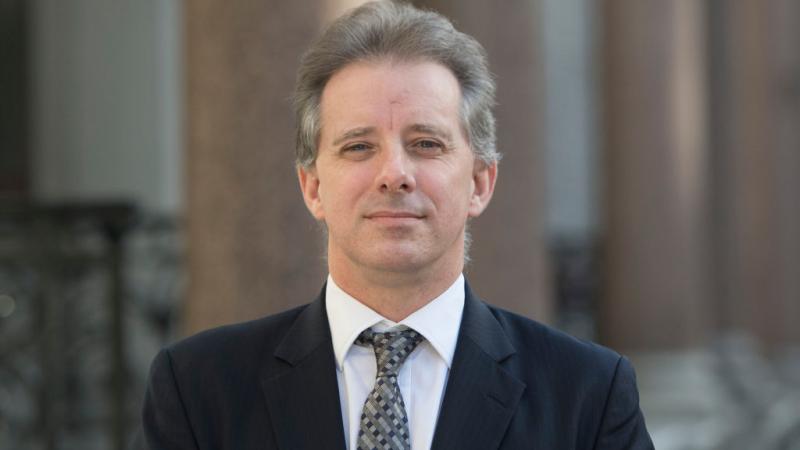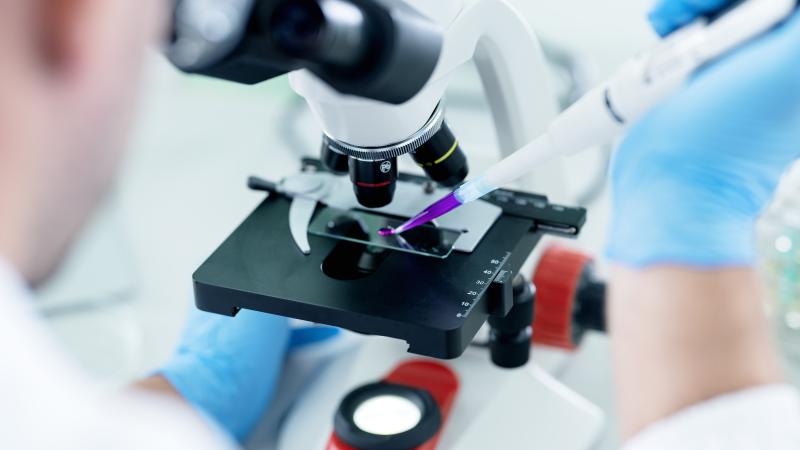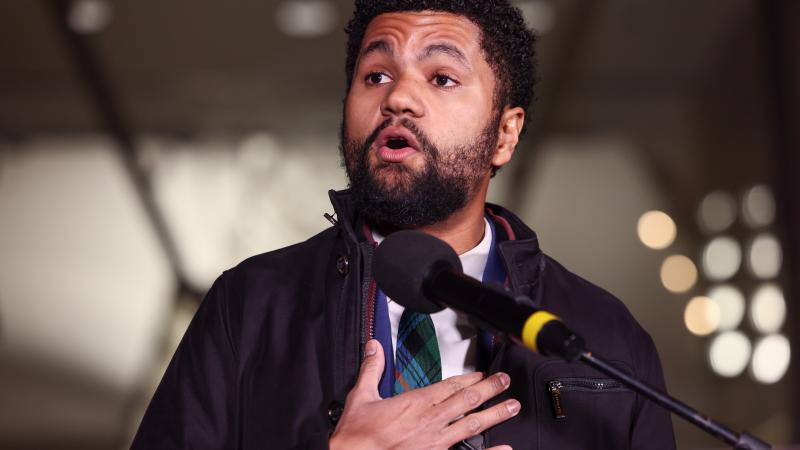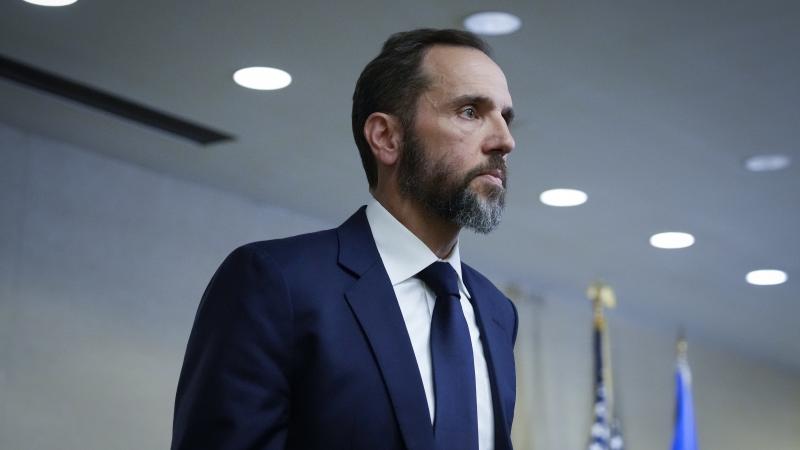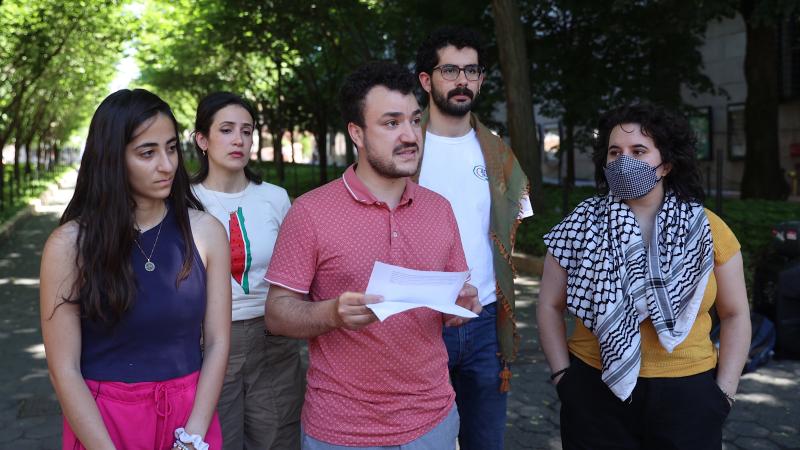Washington state asks DOJ for fentanyl-related law enforcement help in three cities
Overdoses from fentanyl and other synthetic opioids in Spokane County surged from fewer than 10 in 2019 to 101 in 2021.
Washington state Attorney General Bob Ferguson is calling on U.S. Attorney General Merrick Garland to add three Washington cities to a federal initiative aimed at lowering drug-related violence and overdoses.
The three cities Ferguson wants added to the federal initiative are Yakima, Everett and Spokane. All three counties in which the cities are located have experienced higher overdose death rates than the statewide average over a three-year period from 2019 through 2021, according to the state Attorney General’s Office.
In Snohomish County, 284 people died from synthetic opioid overdoses in 2022 alone.
Overdoses from fentanyl and other synthetic opioids in Spokane County surged from fewer than 10 in 2019 to 101 in 2021.
Reports of fentanyl overdoses in Yakima County more than doubled from 2019 to 2021.
The Drug Enforcement Administration initiative is called “Operation Overdrive” and it intends to use national crime statistics and health data to identify hot spots of drug-related violence and overdose deaths across the country.
In the letter to Garland, Ferguson wrote that designating Everett, Spokane and Yakima as Operation Overdrive sites could benefit surrounding communities and areas.
Everett's location on the Interstate 5 corridor makes it a deadly hub for traffickers smuggling in fentanyl from Mexico to British Columbia, according to Ferguson.
Spokane’s proximity to Interstate 90 is attractive for traffickers smuggling fentanyl throughout eastern Washington and into neighboring states.
Ferguson’s letter noted that there has also been a disproportionate number of overdose deaths in tribal nations close to the cities of Spokane and Yakima as a result of the increased flow of fentanyl.
Ferguson said his office will work to utilize more than $1 billion obtained as a result of litigation against opioid companies to help fight drugs in Washington over the next 15 years.
“We must foster strong partnerships and share intelligence among local, state and federal law enforcement agencies to focus our tools where they can have the most impact,” Ferguson said in a Wednesday news release. “My office has recovered more than $1 billion and counting to combat the fentanyl epidemic, but more work is needed to identify and dismantle criminal drug networks.”
Some of that money was allocated by the state Legislature this year, including $18.2 million for drug prevention and treatment services, $15.4 million to tribes and urban Indian health programs, $5 million for the state Department of Health to expand the distribution of naloxone and overdose education, and $4 million to provide short-term housing vouchers for people with substance use disorders.




